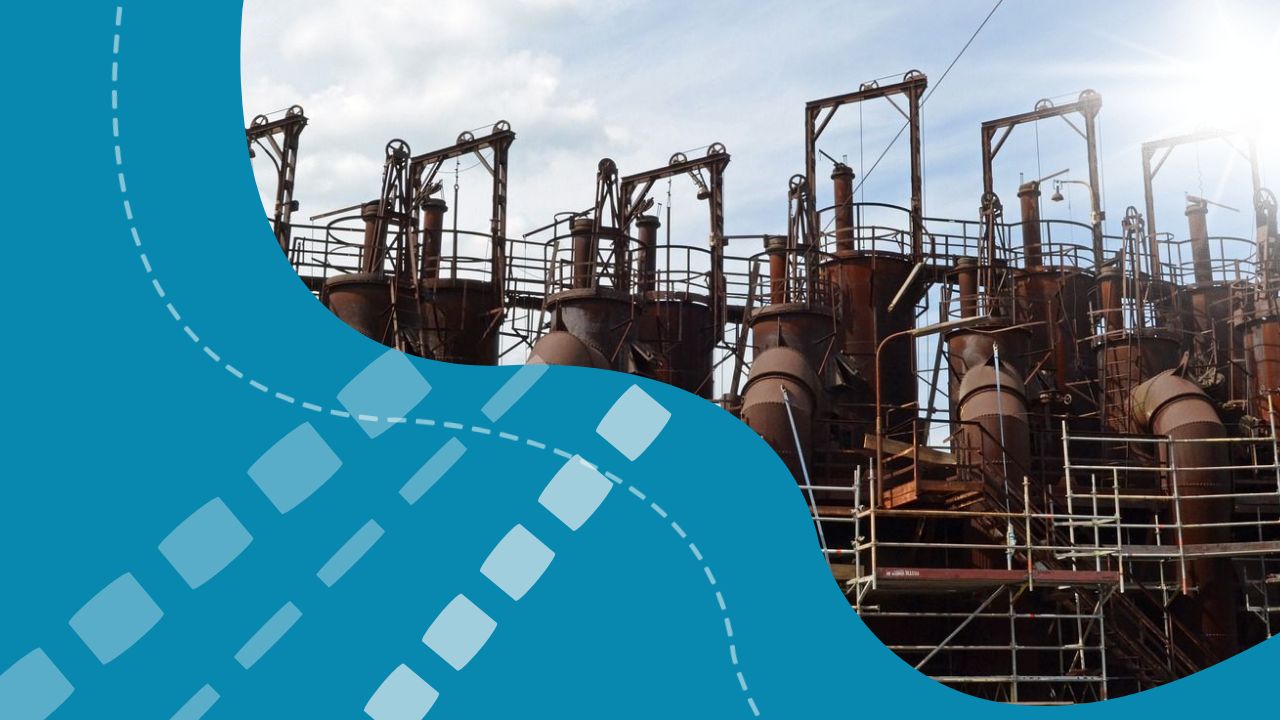Serbia’s Minister of Mining and Energy, Dubravka Đedović Handanović, emphasized the need for a responsible approach to the country’s critical natural resources, including lithium, during a recent statement. Minister Đedović Handanović highlighted the importance of considering not only the exploitation of mineral wealth but also the establishment of a value chain that encompasses battery and electric vehicle production. Recognizing the global shift towards a new industrial order, she emphasized Serbia’s potential to become a part of this transformative movement.
Minister Đedović Handanović reiterated this viewpoint when discussing the potential exploitation of lithium in Serbia. She emphasized that Serbia possesses abundant mineral resources, some of which are classified as critical by the EU. Referring to the suspended “Jadar” project and the importance of the value chain, she emphasized the need to explore ways to capitalize on Serbia’s wealth, including the establishment of factories for battery and electric vehicle production.
The Jadar deposit, identified as one of the largest lithium deposits globally by the think-tank Blue Europe, had been the focus of the mining project initiated by British-Australian mining company Rio Tinto. However, due to environmental concerns, the company’s license was revoked in 2022.
Although the Jadar project was halted, speculations have arisen following a report by German tabloid Hadensblatt in December 2022, which revealed a confidential list of investments under the EU’s “Global Gateway” initiative, including a lithium mine in Serbia. This has sparked speculation about the potential revisiting of the Jadar project in the future.

